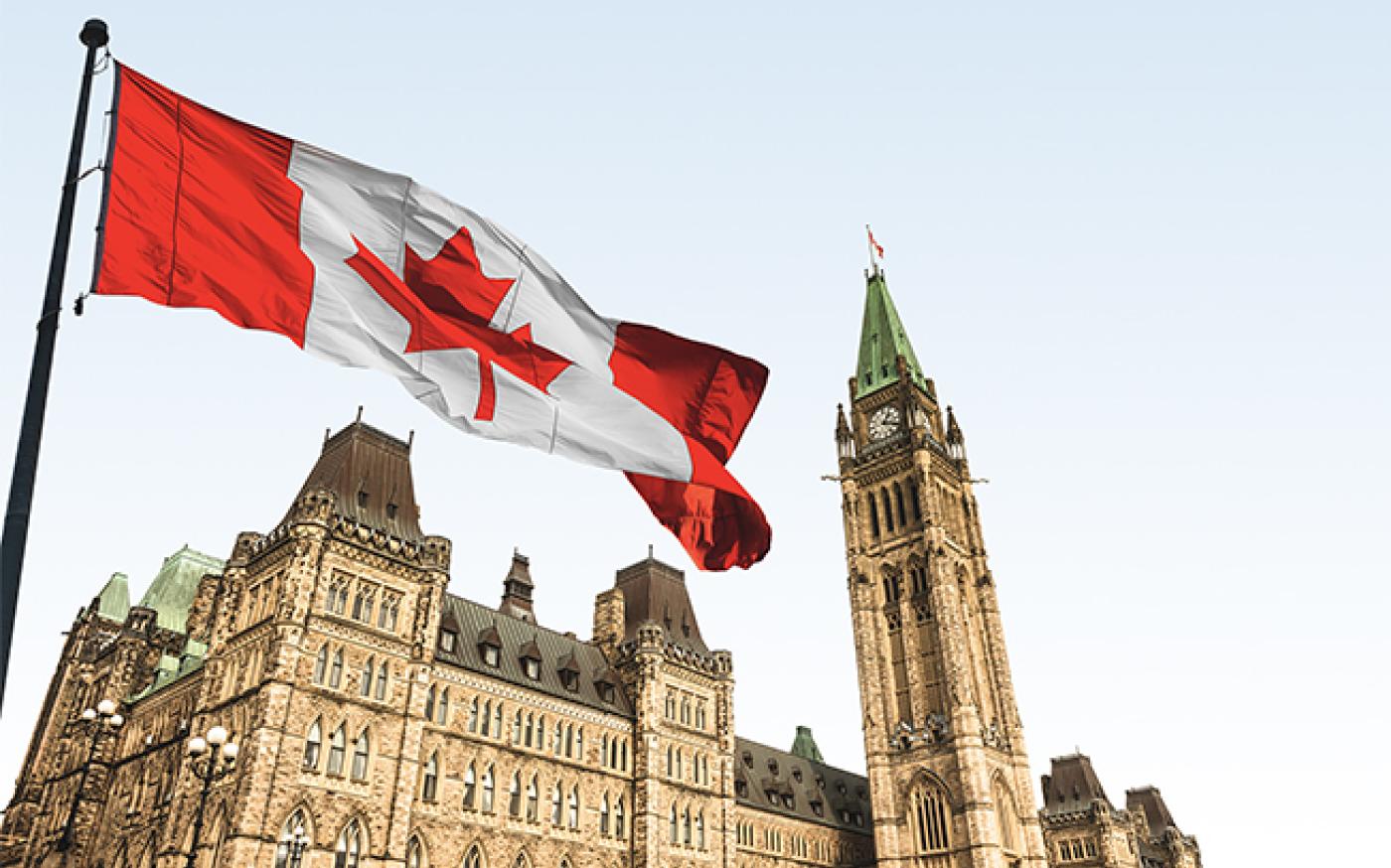If you owned a residential property in Canada on December 31, 2022, you might have to pay an Underused Housing Tax (UHT) if it was vacant or underused. Even if you’re not subject to tax, you may be required to file an Underused Housing Tax return to claim an exemption.
On Tuesday March 28, 2023, Deputy Prime Minister and Minister of Finance Chrystia Freeland presented the 2023 federal budget, which contains several measures of interest to IG Wealth Management and its clients.
According to a recent Stats Canada report, almost 1.4 million Canadian households reported having property rental income. That’s a significant portion of the population.. Given that rents increased on average across Canada by 11% in 2022 (and by considerably more in big cities, such as Toronto and Vancouver), it’s understandable why investing in property is so popular.
When it’s time to retire, many Canadians have several sources of income. We look at which sources you should draw from first to help minimize taxes.
Getting your retirement plan right is crucial; you need to be confident that your money will last throughout your retirement, while giving you the standard of living you need. That’s why it’s important to have a solid financial plan and also dependable advice. There have been a number of myths about retirement planning circulating for years that can have a negative impact on your retirement plans. Let’s take a look at some of the more common ones and the reality that lies behind them.
If you are heading toward retirement with a well-balanced portfolio of assets and/or guaranteed income sources such as an employer pension, you may already have enough anticipated resources to create a life-long income stream.
Many of us understand the value of the Registered Retirement Savings Plan (RRSP): almost six million Canadians make RRSP contributions every year.1 Most of us also know about the tax benefits of RRSP contributions and that it’s an extremely versatile and effective retirement planning tool.








